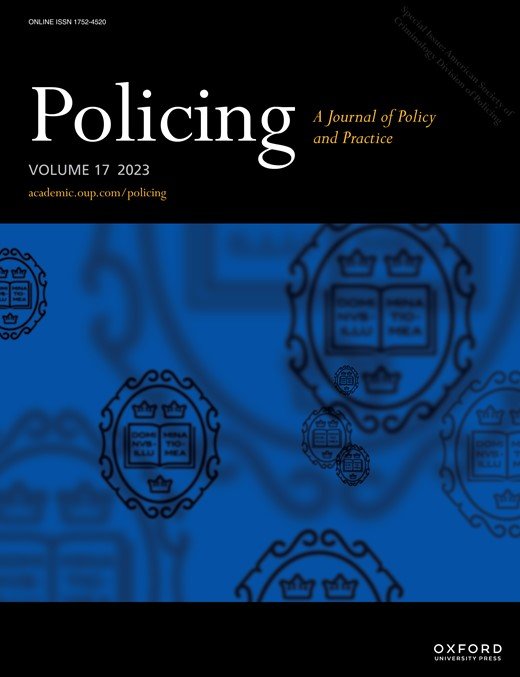By P. Jeffrey Brantingham , George Tita and Denise Herz
The City of Los Angeles Mayor’s Office of Gang Reduction and Youth Development (GRYD) program was conceived as a comprehensive response to gang violence. Unlike most comprehensive approaches, suppression was excluded from the primary model. Program services including community engagement, gang prevention and intervention services, and street-based violence interruption, were formally launched in late 2011. Strict geographic eligibility criteria mean that GRYD services were available in some Los Angeles communities and not others. Using the geographic structure of GRYD, we use a place-based difference-in-differences model to estimate the effect of GRYD services on both violent and property crime. The analyses suggest a reduction in violent crime of around 18% in areas exposed to GRYD Comprehensive Strategy services, including aggravated assault and robbery. Similar declines are not observed in property crimes including burglary and car theft. Comparison with evaluations of placed-based gang injunctions demonstrate that GRYD is able to achieve nearly one-half of the reductions in crime without a suppression focus.
Justice Evaluation Journal
Volume 4, 2021 - Issue 2




